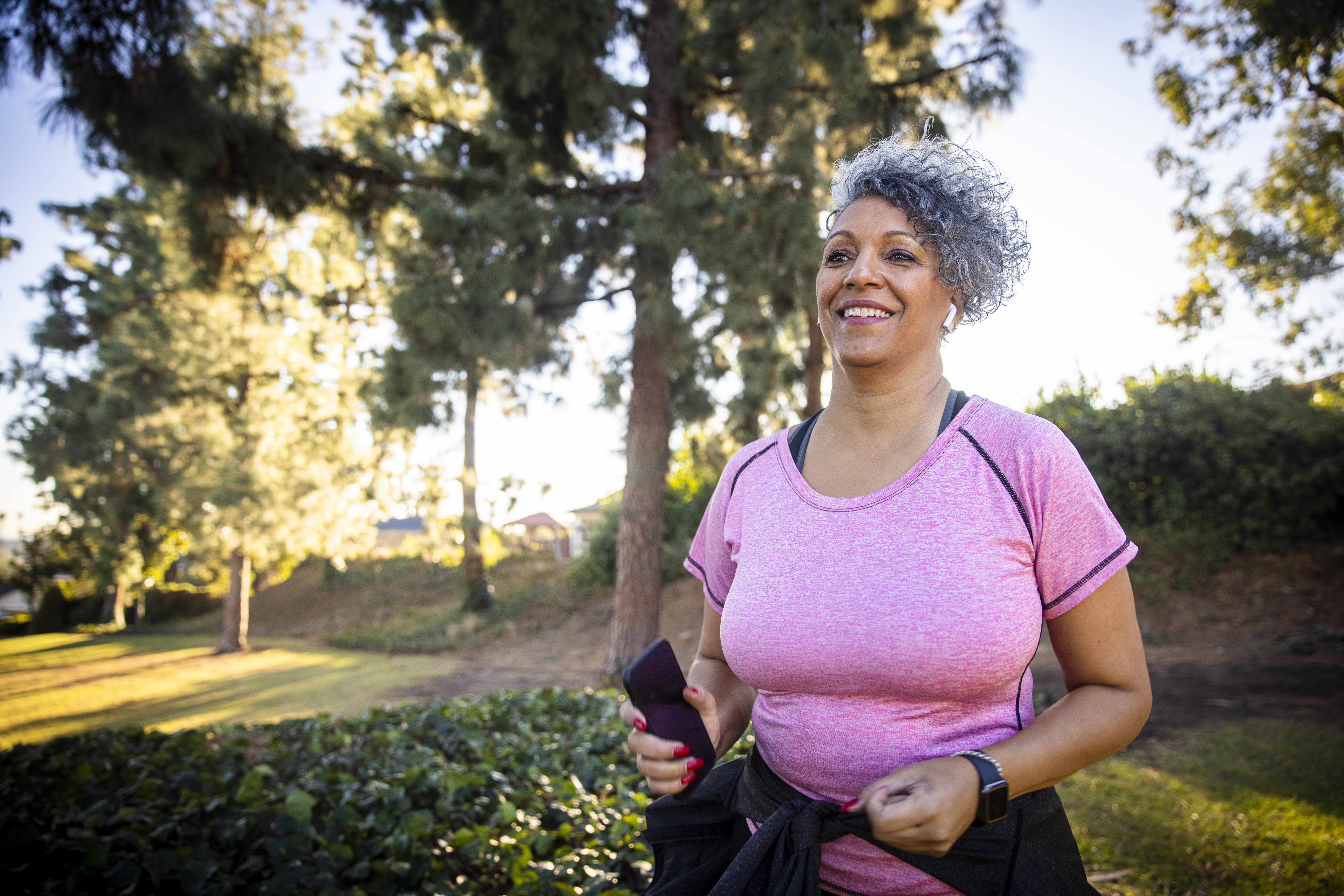About 40% of Tennesseans have high blood pressure, one of the highest rates in the nation. Why is this, and how can you better manage your blood pressure?
“Lifestyle, culture and access to healthy food are all contributors to Tennessee’s high blood pressure rate,” says Dr. Cristin Trecroce, a medical director at BlueCross BlueShield of Tennessee. “The important thing is to educate yourself about high blood pressure, also known as hypertension, and learn how to manage it.”
Why is managing blood pressure important?
Dr. Trecroce: High blood pressure is a silent condition, meaning it’s often symptom free until it starts affecting your organs. As a result, you can have it for years and not know it.
Uncontrolled high blood pressure can have life-threatening effects, including:
- Heart failure and enlarged heart
- Kidney disease
- Strokes
- Blindness
- Cognitive decline
- Poor circulation in hands and feet
Blood pressure is measured with two numbers separated by a slash. The top number (systolic) should be 120 or below. The bottom number (diastolic) should be 80 or below. To note, guidelines for diagnosis of hypertension by your doctor in the office will be a measurement of 130/80 or higher. I urge everyone to have regular checkups so they can develop a plan with their health care provider to lower their blood pressure if needed.
How to lower blood pressure without medication
Dr. Trecroce: There are many ways to help lower your blood pressure without medication that your doctor may recommend. I urge patients to focus on one or two that are realistic for them.
1. Lose weight (even a bit helps)
Dr. Trecroce: One of the biggest things that will help a lot of health problems is weight loss. Obesity and high blood pressure are often connected. Anything you can do to reduce your weight will have benefits for your blood pressure.
You don’t have to lose a lot of weight to see the benefits. If you’re overweight, losing just a few pounds can improve your blood pressure and cardiovascular function.
Weight-loss strategies include:
- Monitoring what you eat and how many calories you consume. Be mindful of what you choose to eat and why.
- Choosing foods in their natural form over processed options
- Eliminating fast food, which is usually poor quality with extra sugar and sodium
- Reducing soda and alcohol
- Cutting back on dressings, sauces, and additives with extra sugar and salt
2. Just move! Get active!
Dr. Trecroce: You need to move more. Your heart, lungs and muscles need conditioning to function the way you want them to over the long term. Try to incorporate movement into your lifestyle so it becomes a habit.
3. Breathe/manage your stress
Dr. Trecroce: You might try meditation. It may improve breathing, stretch the diaphragm, and affect the vagus nerve. This may help open blood vessels, decrease heart rate, and lower blood pressure.
Stress-management techniques:
- Take time to focus on deep breathing
- Try relaxation techniques
- Practice gratitude and positive thinking
- Do creative activities like music, art or poetry
- Help others, which may take stress away from your own issues
4. Stop smoking
Dr. Trecroce: Nicotine is a direct insult to your blood vessels and airways. It causes blood vessels to constrict and stress hormones to be released in your body. Nicotine directly raises blood pressure within a few minutes of use. Talk to your doctor about tools to help you quit.
What do people overlook that affects high blood pressure?
Dr. Trecroce: Getting quality sleep is crucial for blood-pressure management. Many people don’t realize the connection between poor sleep and high blood pressure.
Sleep apnea is often untreated and can cause high blood pressure. If you’re tired in the morning, don’t get restful sleep, or wake up gasping for breath, you should talk with your doctor about getting evaluated for sleep apnea.
When do you need blood pressure medication?
Dr. Trecroce: A cardiovascular risk assessment can determine your chances of having a cardiovascular event. If your risk is 10% or greater over five years, you may need to take medication.
However, after you develop healthy habits, you might be able to end taking medications. That’s something you’d need to discuss with your provider over time.
“The most important thing is to monitor your blood pressure with your health care provider,” says Dr. Trecroce. “Together, you can develop a plan to reduce your risks and improve your overall health.”
More from Dr. Trecroce on WellTuned
Get more information about specific health terms, topics and conditions to better manage your health on bcbst.com. BlueCross BlueShield of Tennessee members can access wellness-related discounts on fitness products, gym memberships, healthy eating and more through Blue365®. BCBST members can also find tools and resources to help improve health and well-being by logging into BlueAccess and going to the Managing Your Health tab.


